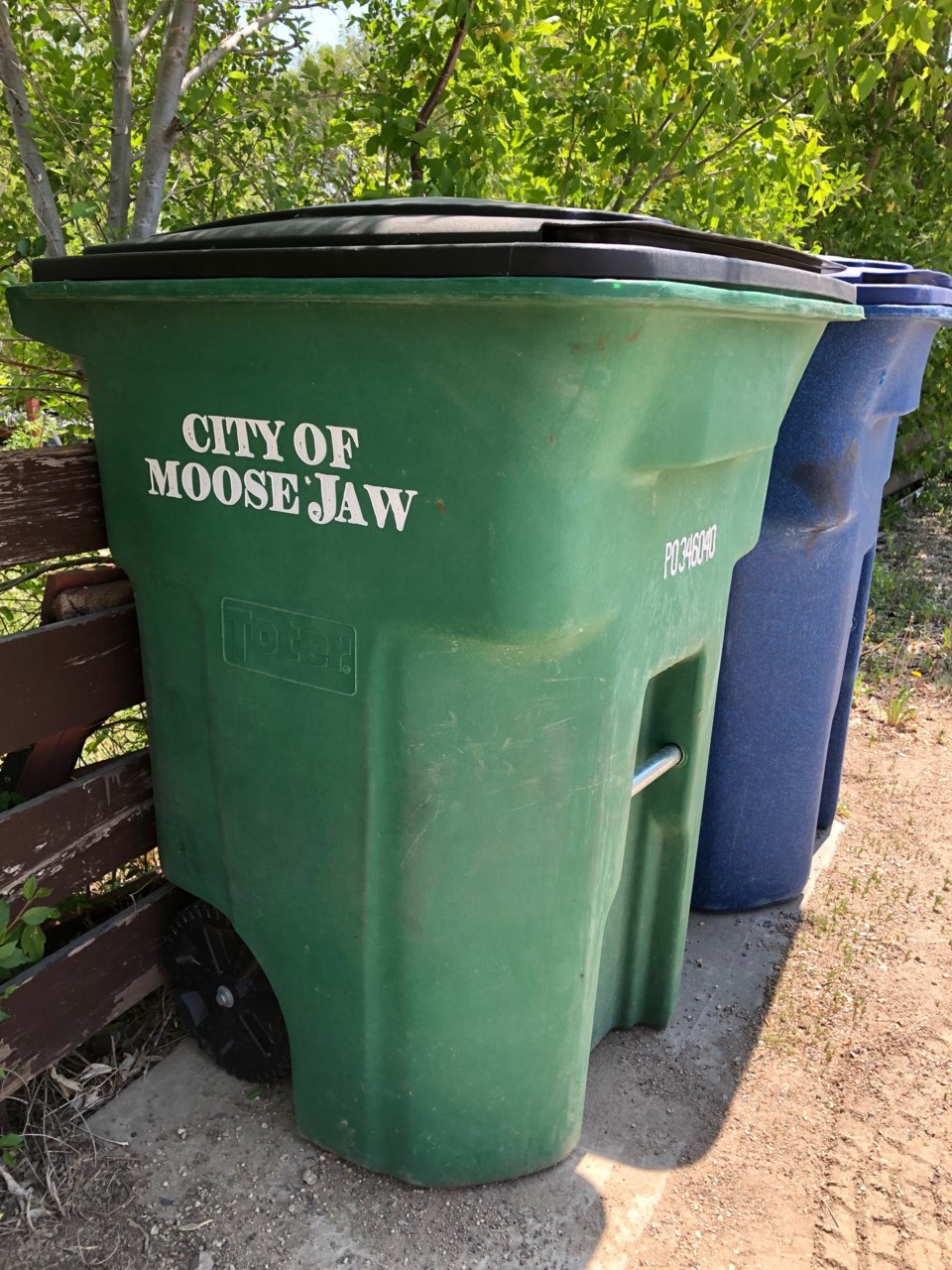No garbage collection. No water service. No sewer service. Restricted emergency service. Restricted school bus service.
Those are some of the realities the Avery and Thorn families have faced during the past five years, after the City of Moose Jaw closed the Seventh Avenue Southwest Bridge in 2015 when a flood damaged the structure. They had used the bridge to get to their properties near the Valley View Centre (VVC) site, but now have to take Highway 2 and go through the VVC site itself.
The families want the municipality to fix the bridge immediately since the provincial government plans to close their access to VVC in July permanently; the province has sold the land to Carpere Canada.
The Moose Jaw Express is chronicling the families’ struggles with city hall by running a multi-part series on this situation. This is part 3 in the series. Click here for part 1 and here for part 2.
A man’s home is his castle
“Access to one’s property is a fundamental entitlement and must be guaranteed by a municipality,” the family’s lawyer, David Chow, told the Express. “The whole idea of creating municipal corporations is to provide services and to treat ratepayers as equally as possible.”
While the family has little to no essential services, city hall has “happily collected their property taxes over the years, however.” What stings is the municipality replaced the Blackfoot and Corstorphine bridges years ago for very few residents, he continued. He thought there was no reason why the residents of Kingsway Park should be discriminated against and left without basic municipal services, especially when this issue is out of their control.
Three main requests
The Averys and Thorns have three main requests, Chow explained:
- that the municipality discharge its obligation and immediately repair or replace the Seventh Avenue Southwest Bridge and restore vehicle access and legal and physical access to the families’ residences;
- the installation of a suitable turnaround point for the Prairie South School Division at the bottom of the Seventh Avenue Southwest hill so a bus can pick up the Avery children until the city installs a new bridge; and
- that city hall approves a subdivision application from Jim Thorn’s Sunflower Corporation that would subdivide land and connect the Thorn’s property to Seventh Avenue Southwest.
Access to homes threatened
While the municipality continues to delay fixing the bridge since it’s attempting to force the province to pay for the repairs or replacement, the two families have had their ability to access their homes threatened, Chow said. Furthermore, Wakamow Valley Authority has also been unable to access its property for landscaping purposes, while there is no vehicle access to Tatawaw Park — formerly the Wild Animal Park.
Tim Avery and Jim Thorn are already limited in access to fire, ambulance and police services. When the province fences the VVC property in July, they will be without emergency services, he continued. There have been three significant fires in the valley in the past and the Thorns helped fight two of them until fire trucks could access the area through Valley View.
Chow stressed that the province has been co-operative, understanding and sympathetic in this situation, along with MLA Greg Lawrence.
“The city cannot now turn its back on Thorn and Avery simply because the city has mismanaged the allocation of capital dollars to the Seventh Avenue Southwest Bridge during the last five years,” remarked Chow.
Too much behind closed doors
What has irked Chow about meeting with city council is someone at city hall forced this issue into the behind-closed-doors portion of the May 25 executive committee even though there was nothing sensitive or private about their submissions.
Chow laid out the problems with speaking during in-camera, including presenters have only 10 minutes to speak; elected officials rarely ask follow-up questions; presenters must leave the meeting before executive committee asks city administration questions and discusses the issue; and delegations are denied the chance to hear the questions that executive committee asks and the answers city administration provides and rebut anything administration says.
The municipality has become too comfortable using the Local Authority Freedom of Information and Protection of Privacy Act (LA FOIP) to suppress public debate and discussion on important matters, while city administration unduly influences elected officials without appropriate public scrutiny in executive committee, Chow continued.
“The executive committee process lacks transparency and due process for the citizens of Moose Jaw,” he added, “and fosters an environment of distrust in our local government.”




